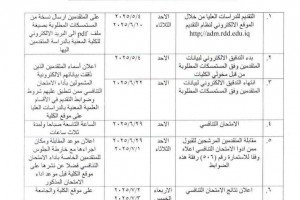
A master's thesis from the Department of Soil Sciences and Water Resources at the College of Agriculture, University of Basra, examined the effect of fermenting biochar with organic waste on the availability of some major and minor nutrients in two calcareous soils and the growth of maize plants.
Thesis, presented by graduate student Ruqayya Jabbar Shihan under the supervision of Professor Dr. Muhammad Abdullah Abdul Karim, aimed to compare the effect of charcoal produced from two different sources (maize residues and rice residues) on the availability of major and minor nutrients and on maize plant growth in two types of calcareous soils.
Thesis included a laboratory and pot experiment to study the effect of adding biochar on the availability of some major and minor nutrients in soil and on maize plant growth. The study concluded that increasing biochar levels increased water-holding capacity, soil organic matter content, and the available amounts of nitrogen, phosphorus, potassium, iron, zinc, copper, and boron in both soils. The pot experiment also increased the concentration of all studied nutrients and the amount absorbed by the vegetative part of the maize plant. The study recommended treating the soil with 20 tons per hectare of charcoal produced from rice residues and fermented with organic waste to increase the amount of absorbed elements and improve maize plant growth.







